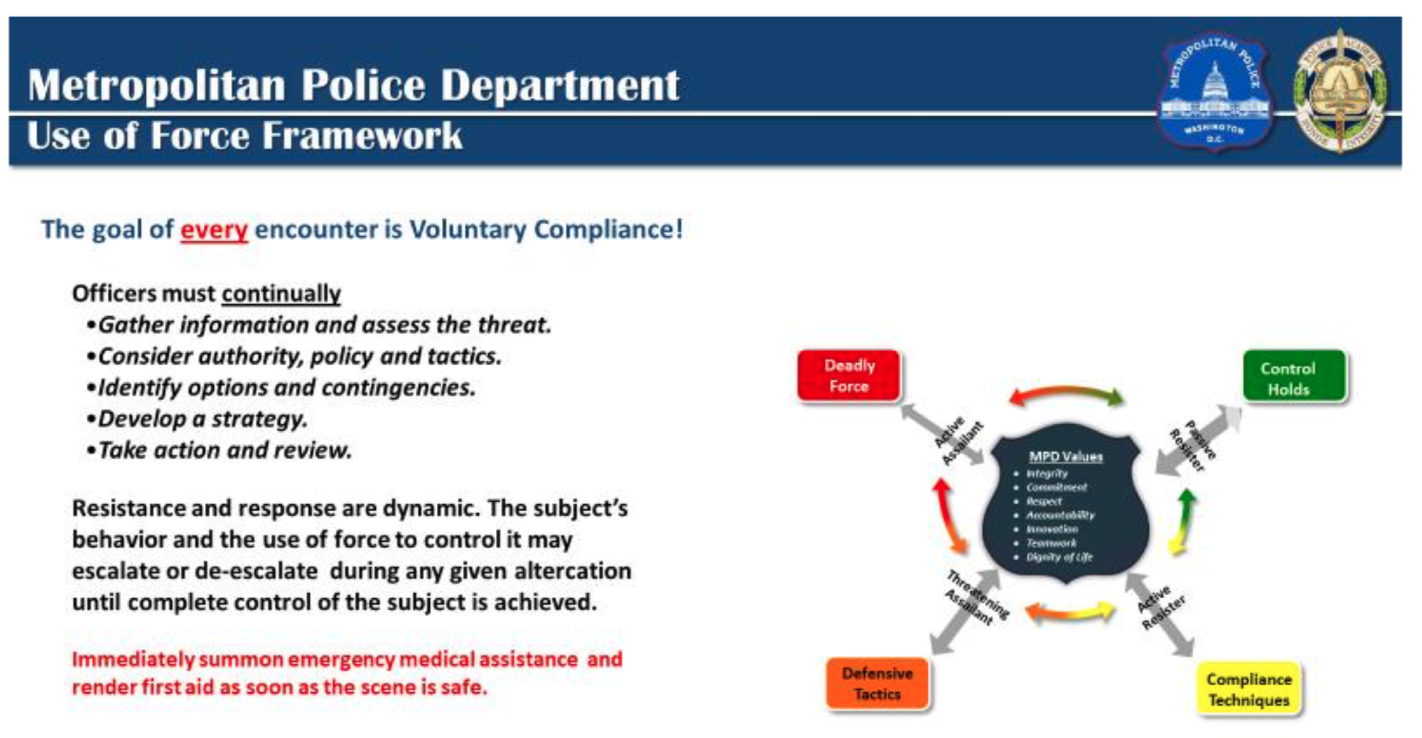From [HERE] A jury on Saturday found Austin police officer Christopher Taylor guilty of deadly conduct for the 2019 shooting death of a man who was carrying a knife.
It is the first time an officer has been found criminally liable in Travis County for an on-duty fatal shooting, and it comes just two weeks after former Houston Police officer Gerald Goines was convicted of felony murder after evidence showed that he lied on a search warrant affidavit used to carry out a raid in which two people were killed.
A judge has not yet scheduled a sentencing hearing for Taylor, who faces up to 10 years in prison for the third-degree felony. A Harris County jury is still deciding what sentence Goines, who was rushed to the hospital last week during his proceedings, should face.
Police are rarely convicted of crimes related to alleged excessive force or other misconduct across the United States. In the last decade, though, there have been several convictions of law enforcement officers in Texas. In 2022, a former Fort Worth police officer was found guilty of manslaughter for shooting a woman in her mother’s backyard. And last year a former Arlington police officer pleaded guilty to negligent homicide after he shot and killed a man who was driving away from a traffic stop; he was sentenced to probation.
But the verdict against Taylor, reached by 12 jurors after more than three days of deliberations, stands out because the Austin Police Department had cleared him of any wrongdoing related to the incident years ago. He was allowed to return to duty a few months later and has more recently been promoted to the rank of detective.
“Today is a sad day for Travis County and for the law enforcement profession,” said Michael Bullock, president of the Austin Police Association, in a statement to the Chronicle. “APD Detective Taylor being found guilty for lawfully defending themselves against an armed individual puts our entire City at risk.”
Taylor’s defense attorneys did not respond to requests for comment. One of the attorneys, Doug O’Connell, posted on social media as the jury was still deliberating that Taylor’s legal team was “baffled.”
“This is the most clear cut self defense case involving an officer we’ve seen,” he posted on X, formerly known as Twitter. (lol. what a joke that is)
The shooting occurred on July 31, 2019 at a luxury condo building in downtown Austin. A resident called 911 to report that his neighbor, 46-year-old Mauris DeSilva, was walking around holding a steak knife. DeSilva, a neuroscientist who had immigrated to the U.S. from Sri Lanka years earlier, had a history of mental health issues.
Four Austin Police officers responded to the 911 call and encountered DeSilva on the 5th floor of the building, just outside the elevator doors. He had his back to them and a knife held to his own throat, according to body-camera footage that was played during the trial. As they yelled simultaneous commands including “Drop the knife” and “show us your hands,” he turned toward them, lowered the knife and took a step in their direction. One officer deployed his Taser, while Taylor and Officer Karl Krycia fired their weapons multiple times.
The shooting got scant news coverage at the time, and a few months later, the police department determined that Taylor and his colleagues had appropriately acted in self-defense. Travis County prosecutors also told DeSilva’s family later that summer that they did not believe a grand jury would find probable cause that Taylor or Krycia had committed a crime.
But the following year, after a new Travis County district attorney, Jose Garza, took office, a grand jury indicted both officers for murder and deadly conduct. Prosecutors ultimately decided to move forward only with the deadly conduct case against Taylor. Both charges are still pending against Officer Karl Krycia, who has yet to go to trial.
Taylor’s conviction is also notable because in April 2020, not long after he returned to duty after the DeSilva shooting, he fatally shot Michael Ramos in a parking complex in Southeast Austin. That incident, captured by a bystander’s cellphone camera, was much more high-profile and led to protests across the city which grew especially contentious after George Floyd’s death in Minneapolis a month later.
Taylor was indicted for murder in that shooting, and a jury deadlocked during its deliberations last fall, which resulted in a mistrial. Garza’s office then dismissed the charges altogether.
In Texas, the offense of deadly conduct means that a person “recklessly engages in conduct that places another in imminent danger of serious bodily injury.” If the alleged conduct involved discharging a gun, it is considered a felony.
During Taylor’s deadly conduct trial, his defense attorneys argued that he had no other choice but to fire because DeSilva was less than five feet away from him. They showed jurors frames of the body-camera footage indicating that as DeSilva took a step toward the officers, the knife was pointing right at them.
The jury obviously rejected said argument based on the facts.
Prosecutors countered that DeSilva was complying with their demands of “drop the knife” and “show us your hands.”
“He’s turning around, dropping the knife, bringing his hand forward,” said prosecutor Rob Drummond during closing arguments. “The threat of serious bodily injury never happened.”
Prosecutors also argued that Taylor made a series of bad decisions leading up to the confrontation with DeSilva in the elevator, which meant he was not entitled to shoot to defend himself. The decisions, prosecutors said, included taking the stairs instead of the elevator and failing to adequately question a civilian who had managed to talk DeSilva down without using force earlier in the day.
A “reasonable and prudent” person – which is the standard by which the jury was expected to hold Taylor to – would not have been justified in firing a gun at DeSilva, prosecutors said, and so Taylor should be found guilty.
“If you do not enforce the law and apply a reasonable and prudent standard,” Drummond told the jury, “these incidents will continue to happen.” He pointed at Taylor. “He’s a detective now. They promoted him. No change is going to come.”





















































































































































































































































































